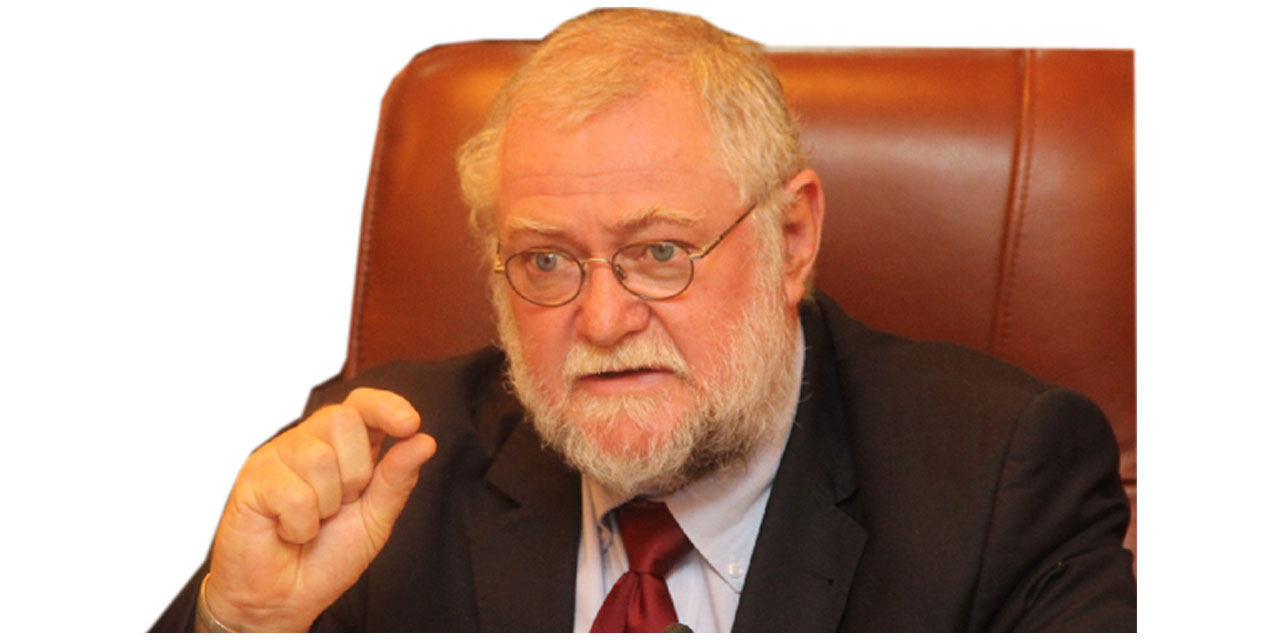The Green Schemes that were touted as Namibia’s blueprint to food self-sufficiency has failed and the government is now looking at a different management model to continue its strategy to make Namibia produce what its people consume.
The company created in 2011 to run 11 Green Schemes, the Agricultural Business Development Agency, experienced serious governance, financial and operational deficiencies. In addition, the running of the Green Scheme according to the Minister of Agriculture, who was moved there in the second term of the current President’s term, observed that there were institutional challenges in the administration of the schemes. According to Carl Schlettwein, AgriBusDev that was charged with the running of the Green Schemes was not under the ministry of agriculture, which was responsible for the farms.
This anomaly was corrected to give ‘’effect to our mandate’’, Schlettwein said after his ministry was given the direct responsibility. However, it was not only this arrangement that was misplaced, but it was found that entire administration of AgriBusDev was found seriously wanting. The outfit could not pay salaries to its green scheme workers, whiles millions were appropriated annually by the central government, equipment were not functioning, some of the green schemes became a graveyard of broken equipment, spare parts were not available, the smallest decision about the farms were taken at the head office in Windhoek, and the green schemes that were supposed to be self-funding, were constantly being bailed out, until Schlettwen came to stop the rot and looked at an alternative arrangement.
When he announced at an investment summit in Dubai early this year that Namibia is looking at investors for the green schemes, all hell broke loose in certain quarters. This was the start of political football with the green schemes. But, Schlettwein would not entertain this and was very focussed on what he wanted to do.
Prophets of doom started a disinformation campaign against the idea to outsource the green scheme farms which was actually happening already. Two or three of the farms that were run and managed by private persons were actually the only ones working. During the recent tour of the Green scheme by the Parliamentary Standing Committee on Natural Resources, the chairperson of the committee, Tjekero Tweya commented that the farms run privately were actually working and we need to find out why.
The disinformation included that the land is going to be taken over and owned by foreign nationals and that these people will be allowed to acquire customary land rights, which by the way can only be done with the prior approval of the minister of agriculture.
The land bill that is currently before Parliament does not allow any form of ownership by a foreigner.
Based on this disinformation, the minister was summoned by some regional councils and chiefs to come and explain the new arrangement of leasing agricultural land to expatriates.
During the visit of the Parliamentary Standing Committee to the regions some traditional leaders also raised concern over the lease of lands under their jurisdiction, as well as complaining that their people did not benefit anything from the green schemes which are again being given to foreigners, and regional councils wanted in on the running of the farms.
Schlettwein was very firm and told regional council in no uncertain terms that they will not be involved in any way in the running of the farms, as they already have too much on their plate to govern the regions.
The minister also gave the successful and profitable Aussenkehr grape plantations along the Orange River as an example of how under-utilised state land had been turned into a green oasis from where grapes are exported to the European market ahead of South African fruits.
A business political outfit also joined the campaign against Calle inviting foreign investors to the green schemes, saying local businesses can do it as well. The minister’s answer was that local businesses are not excluded from submitting competitive bids.
There were reports that some investors have already shown interest in the Vhungu Vhungu farm project where they are even prepared complete the unfinished diary section at a cost of about 65 million dollars.
The farms have been a drain on the finances of the government and once they are run profitably they can pay dividends to the state as well as expand and create more jobs.
So, let Schlettwein continue with his mission and as he responded once around the issue of green schemes – ‘’political and spiritual messiahs should stop with public incitement on sensitive matters such as land redistribution and ownership’’.




